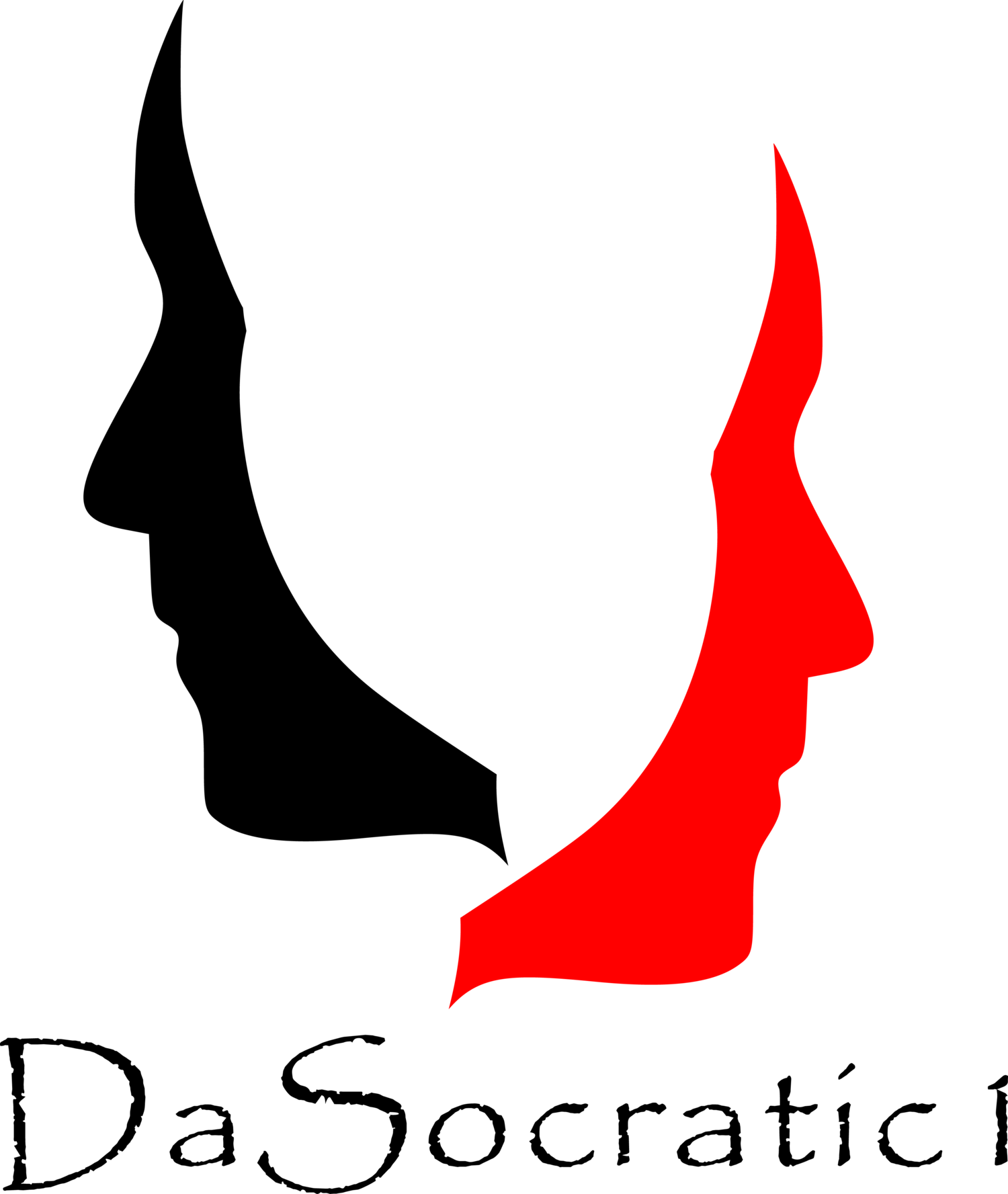Social Comparison Theory and You
In 1954, Leon Festinger developed theories that are critically important today. In the social media era, your Facebook, Instagram, Twitter, etc., is your avatar, i.e. branding, and who you are to the world. There are algorithms developed that (to the extent you are unaware) can tell you more than you know about yourself.
Social Comparison Theory explains how individuals evaluate their own opinions and abilities by comparing themselves to others in order to reduce uncertainty in social environments, and learn how to define the self. The defining of the self is correlated to the social environment of the individual and a desire to "fit in," gain accurate self-evaluation or validate their opinions from the environment around them.
Social Comparison Theory & You
Studies have shown that individuals only share the best of themselves in social media in efforts to provide the best possible self-presentation. Essentially, the golden rule for accumulating "likes."
Consider that expressions of emotion can manifest themselves in other ways for other people. Where one can be happy for someone's happiness, it can also manifest a feeling of discontent and/or unhappiness for their own current status in life in comparison to others, i.e. I wish I was on a beach right now like her/him, etc.
In social comparison theory, the environment of self-evaluation is critically important. Whereas I doubt Leon Festinger considered the advent of social media, many individuals spend a considerable amount of time on social media for basic information needs, i.e. news, family happenings, friends, events, etc. The threat of cyber-bullying and trolls also exists to create discomfort to views that are not aligned with others beliefs. Additionally, the things that people view tend to align with their existing worldview or a shared quality or belief. As stated by Festinger himself:
"A person does not tend to evaluate his opinions or his abilities by comparison with, others who are too divergent from himself. If some other person’s ability is too far from his own, either above or below, it is not possible to evaluate his own ability accurately by comparison with this other person. There is then a tendency not to make the comparison."
I posture that one maintain awareness of what they consider in their social environment and where they seek acceptance and validation from. In Festingers' time, social comparison theory was heavily correlated with proximity and defined by physical distance; essentially, the more proximate your social circle, the more influence they have on how you self-evaluate your beliefs/opinions. I don't think anyone ever considered that the social environment could actually be the world, be virtual and in the palm of your hand?
Consider that you are self-evaluating in comparing yourself to others.
What is the intention behind your self-evaluation? Is it an underlying insecurity? Is it for self-improvement and/or self-development?
How do you feel about yourself and the environment(s) you are comparing yourself to?
What is the delta between you and the environment(s) you are comparing yourself to?
Who impacts your self-evaluation? Your parents in a far away city/country? Your friends in your neighborhood? The smartphone in your hand?
Who do you want to impact your self-evaluation? Your parents in a City far away? Your friends in your neighborhood? The smartphone in your hand?
Illuminating Awareness. Facilitating Choice.
© 2018 All Rights Reserved

